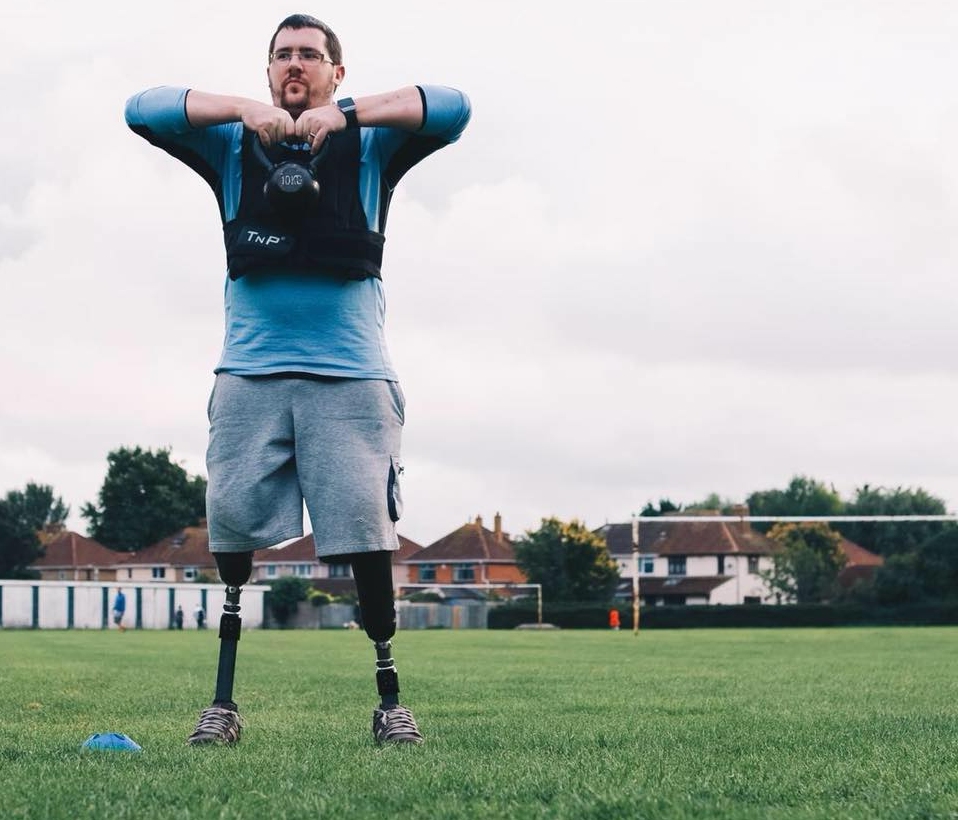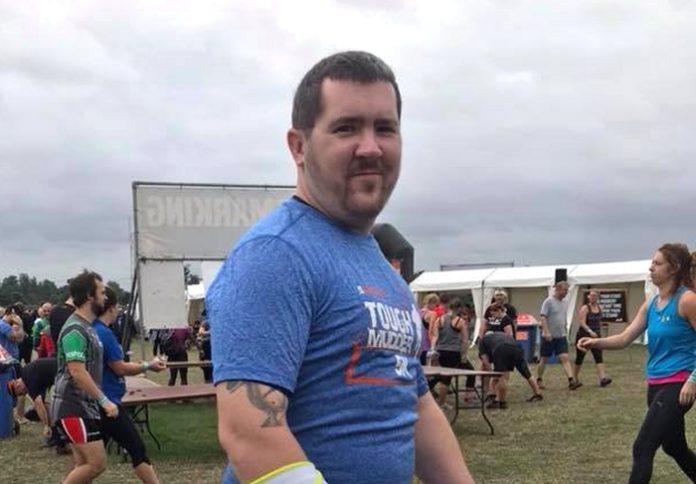A Burnham-On-Sea motorist has been praised for preventing a road accident by stopping an elderly motorist who was suffering a diabetic attack.
Toby French was driving through Bridgwater when he spotted the pensioner’s car mounting the kerb and swerving across the road.
He decided to alert the Police and then take the decision to halt the vehicle to try and avoid them causing a collision.
Talking to Burnham-On-Sea.com, Toby said: “I’d just left Farm Foods onto The Drove going left onto the A38 Bristol Road into slow moving traffic and, after 3-4 cars overtook this car I was behind it, travelling around 15mph with it swerved across the road and then randomly started stopping and pulling away.”

“I thought straight away it was potentially a drink driver so contacted 999 to report it and stayed behind just in case the driver collided with someone.”
“He then turned onto Wylds Road where he was getting increasingly dangerous, driving up on kerbs, going on the opposite side of the road, and randomly stopping in junctions.”
“Whilst trying to get a look at what the driver looked like I noticed a small older lady in the passenger seat and a mobility scooter in the rear. I thought the driver may be elderly and having a medical issue.”

Toby – a double amputee from birth whom we featured last year – added: “I made the call handler aware it was an elderly person and I was going to force them to stop, knowing the risks involved.”
“When it was safe I pulled around him and we stopped. I got out, telling him loud and clear to stay where he was, opening his door and removing the key.”
“His wife in the passenger seat then told me he was diabetic and having a hypo. A member of public behind also got out and assisted whilst I informed the call handler and requested an ambulance.”
“Police arrived shortly after and gave the man something to boost his sugar levels. I gave the police my details and left before the ambulance left.”
Avon and Somerset Police later thanked Toby for what he’d done and said the driver was taken to hospital and they believe he is now recovering well.
A Hypoglycaemia, or a ‘hypo’, is caused by an abnormally low level of glucose in the diabetic’s blood. Hypoglycaemia mainly occurs if someone with diabetes takes too much insulin, misses a meal or exercises too hard.
What causes a hypo?
A hypo can be caused by the following:
• too much insulin / too much diabetes medication
• a delayed or missed meal or snack
• not enough food containing carbohydrate
• unplanned or strenuous activity
• drinking too much alcohol or alcohol without food
• sometimes there is no obvious cause.
Signs of a mild hypo
Most people have some warning signs when their blood glucose level starts to go low. These include:
• feeling hungry
• trembling or shakiness
• sweating
• anxiety or irritability
• going pale
• fast pulse or palpitations
• tingling of the lips
• blurred vision
Signs of a more severe hypo
• difficulty in concentrating
• vagueness or confusion
• irrational behaviour.
Immediate treatment
Once you notice your hypo warnings, take action quickly or it is likely to become more severe, and you may become unconscious or have a fit.
Immediately treat with a 10-20g of a short-acting carbohydrate such as:
• a glass of Lucozade or non-diet drink
• three or more glucose tablets
• five sweets, eg jelly babies
• a glass of fruit juice – the exact quantity will vary from person to person.
If your hypo is more severe and you cannot treat it yourself, someone else can help you by:
• applying GlucoGel (or treacle, jam or honey) on the inside of your cheeks and gently massaging the outside of your cheeks.
• If you are unconscious, Glucagon can be injected if the person you are with has been trained to use it. Otherwise the people you are with should call an ambulance immediately.
If you are unable to swallow or unconscious, you should not be given anything by mouth (including GlucoGel, treacle, jam or honey). Make sure your family and friends are aware of this. If you are unconscious, you should be placed in the recovery position (on your side with your head tilted back) so that your tongue does not block your throat.
Follow-on treatment
To prevent your blood glucose levels dropping again, you should follow your sugary foods with 10-20g of a longer-acting carbohydrate such as:
• half a sandwich
• fruit
• a small bowl of cereal
• biscuits and milk
• the next meal if due – the exact quantity will vary from person to person.







